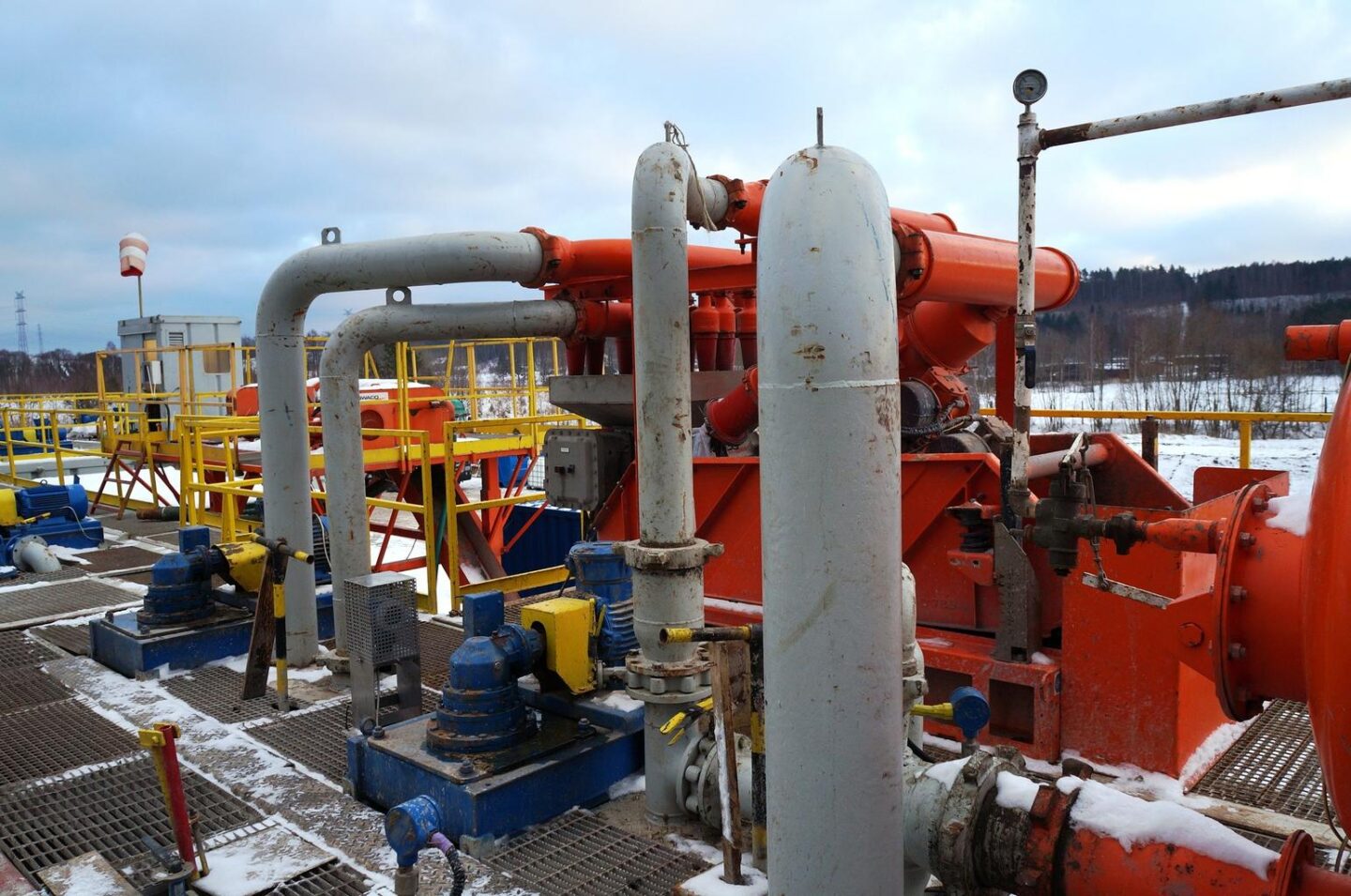In a decision which could unleash a “flood of litigation” the Pennsylvania Supreme Court will determine whether the “Tres-Frac” cause of action is viable in that state.
At the end of January, Southwestern Energy Corporation filed its brief with the Pennsylvania Supreme Court, appealing a Superior Court order in Briggs v. Southwestern Energy Co. that was discussed in an earlier blog post here.
The issue before the court is whether the rule of capture precludes trespass liability for hydraulically fracturing a well located on its own lease and draining oil and gas from adjoining properties.
In its brief, Southwestern states that the Superior Court’s decision upends nearly a century and a half of property and tort law and disrupts the entire oil and gas industry. The brief notes that at the time Pennsylvania Supreme Court established the rule of capture producers were capable of using artificial and mechanical methods to expand production.
Southwestern’s brief cites Justice Willett’s concurring opinion from the 2008 Texas Supreme Court case Coastal Oil & Gas Corp. where he stated “maximizing recovery via fracing is essential; enshrining trespass liability for fracing (a ‘tres-frac’) claim is not”. Willett heavily criticized the dissent which the Pennsylvania Superior Court relied on, stating that the dissent “would take an indispensable innovation in an indispensable industry and make it a tort”. Willett stated that the “dissent’s view would invite a nightmarish flood of litigation over unknowable facts”, and that “under the dissent, the newest ‘enhanced-recovery technique’ would be a wildcatting plaintiff who sues for multi-millions after his neighbor fracs a well”.
In Coastal, the Texas Supreme Court noted that “the rule of capture is a cornerstone of the oil and gas industry and is fundamental both to property rights and to state regulation,” and went on to state “we should not alter the rule of capture on which an industry and its regulation have relied for decades to create new and uncertain possibilities for liability”.
Southwestern’s brief notes that the Superior Court “made a policy choice that large oil and gas extractors can too easily trample the rights of small landowners” by fracing under their unleased adjoining property and taking the oil and gas without compensation. The brief notes that these rights are tempered by the encouragement of efficient production of oil and gas and preventing the waste of resources. Southwestern contends that balancing these interests is a task for the General Assembly.
The Pennsylvania Supreme Court must now decide the fact of the “tres-frac” cause of action. If “tres-frac” is a viable cause of action in Pennsylvania or any other jurisdiction, the predicted unleashing of a flood of litigation by wildcatting plaintiffs may become a reality.
